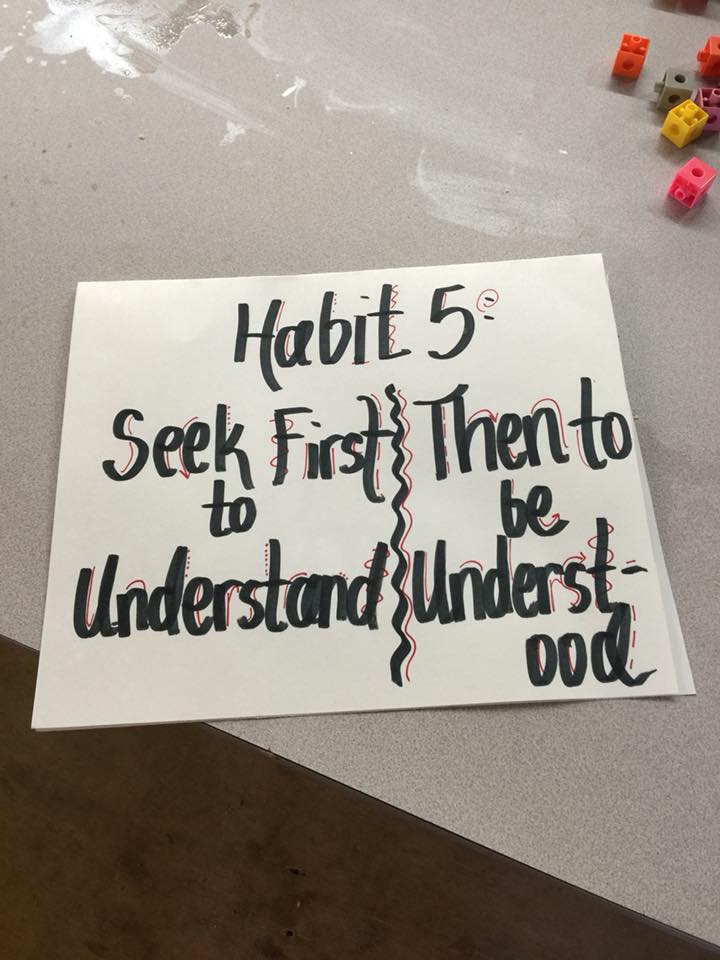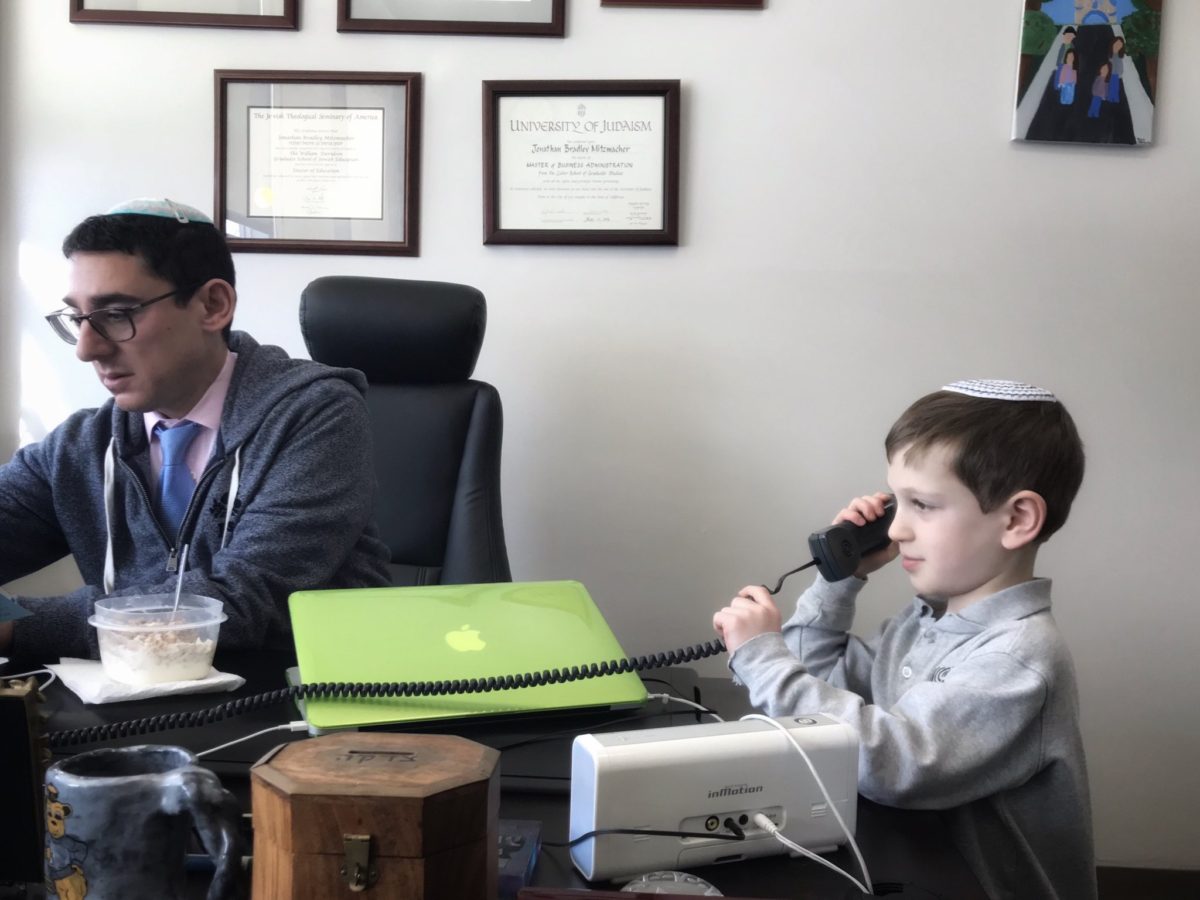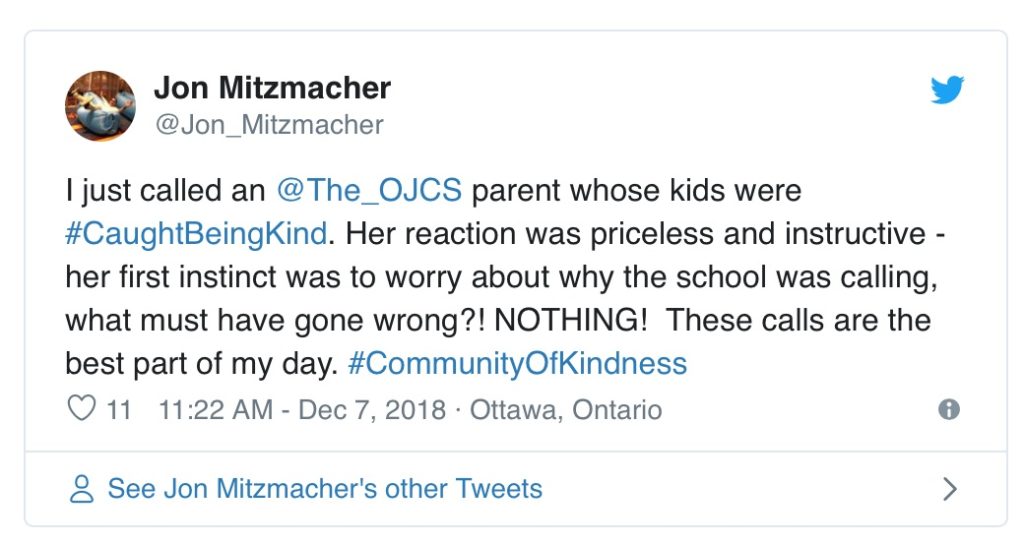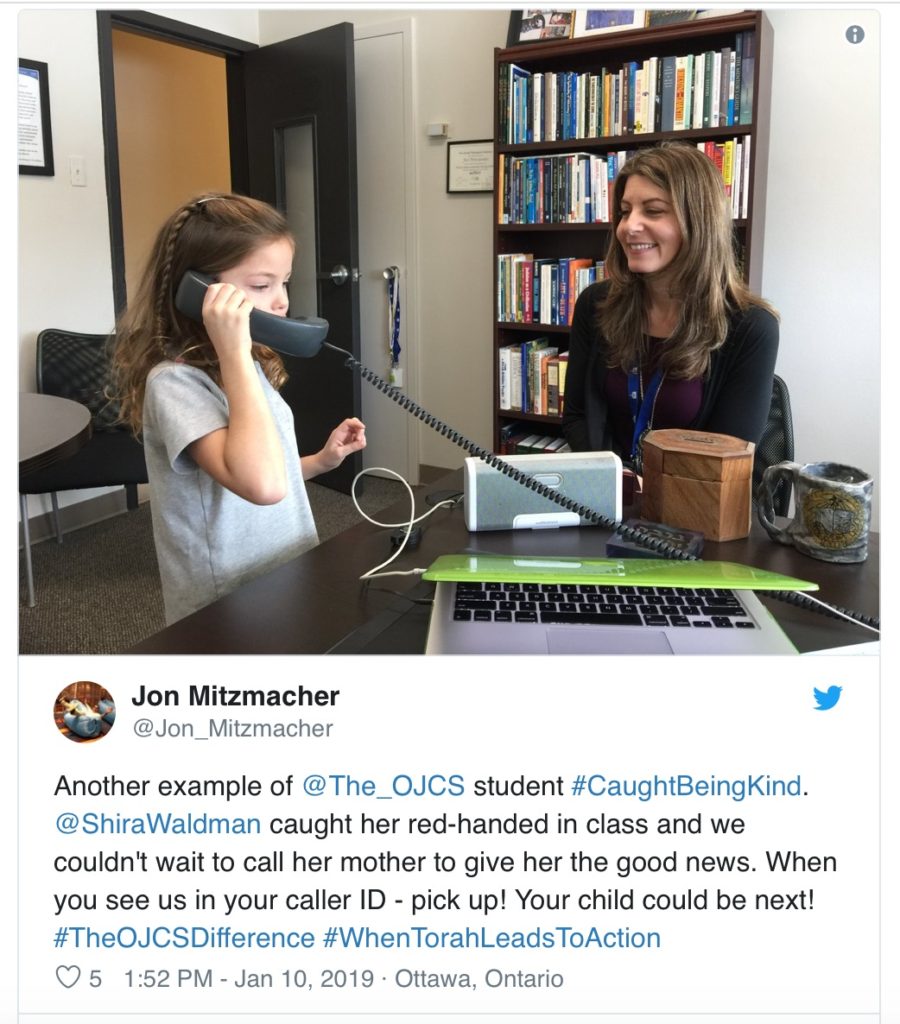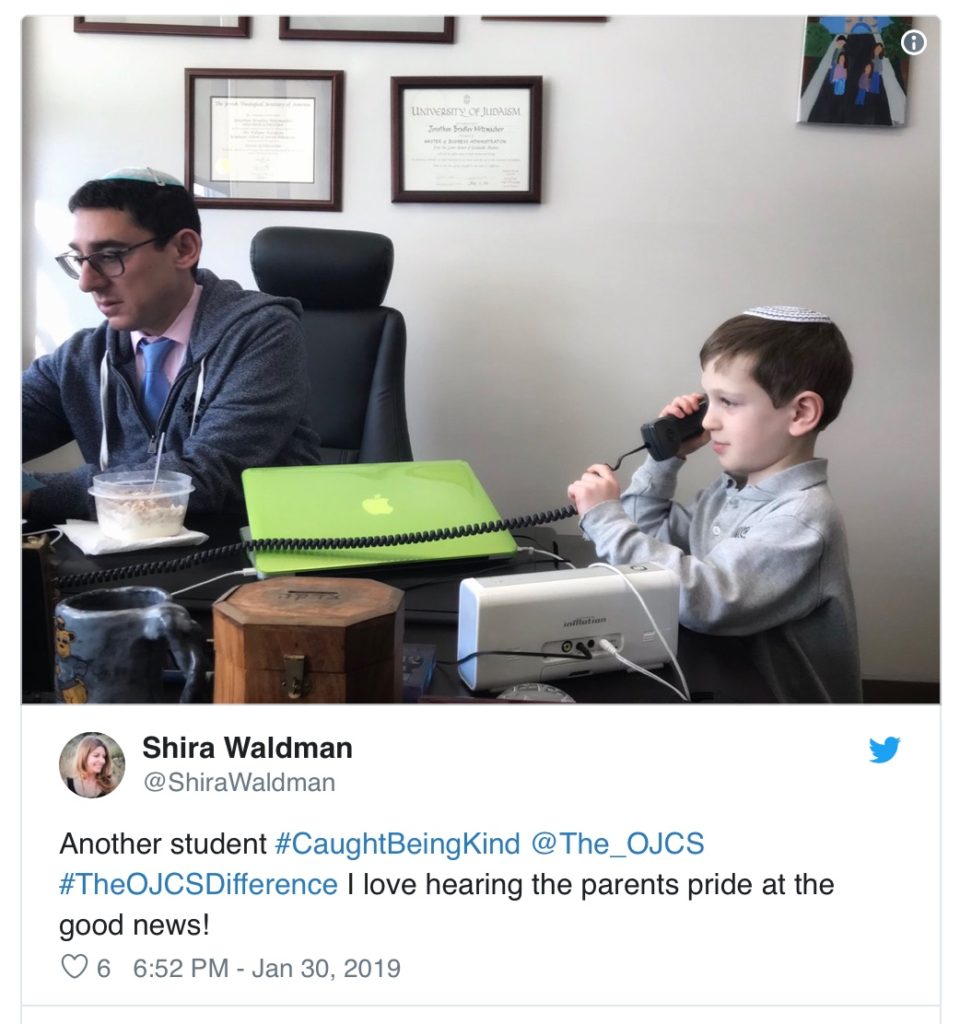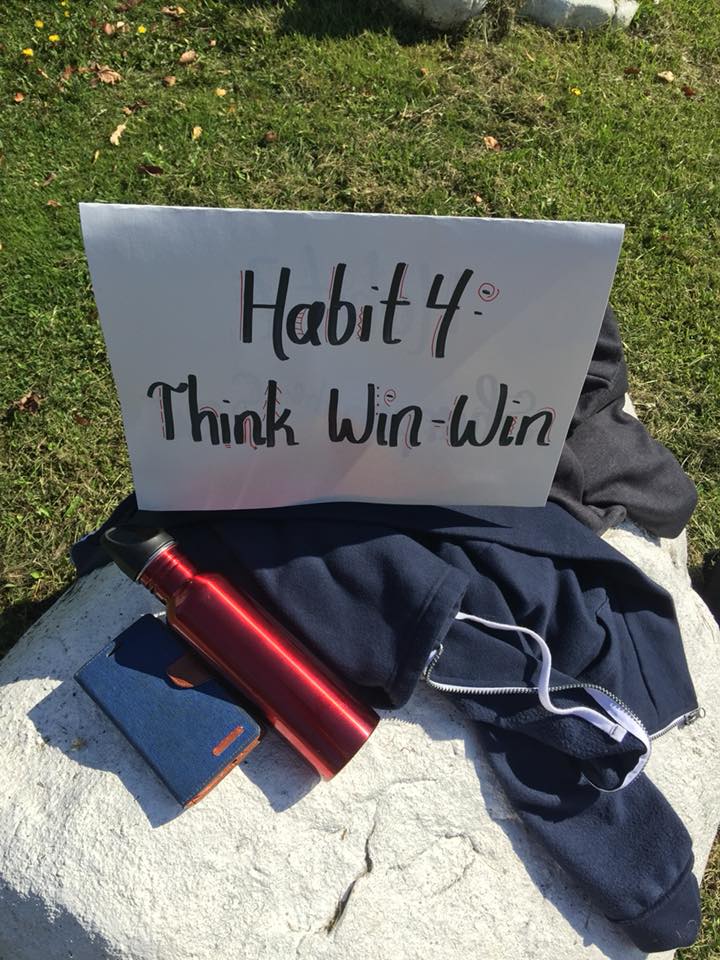This is the jinxiest and most hubristic, fate-tempting opening thought, but as things seem to have settled into what I am now thinking of more as “late-COVID” times rather than “post-COVID” times, this feels like the right time to share some thoughts about what we are experiencing with students, teachers and parents who are simply not used to this much daily face-to-face (or rather mask-to-mask) human interaction. Whereas much of the chatter in the wider educational world this summer focused on concerns about academic gaps – how far behind academically might many children be due to a combination of lengthy pivots to distance learning and individual learning challenges in distance learning – and we at OJCS will know more as we prepare to return to standardized testing in the months ahead; what I want to focus on here, are socio-emotional gaps, which we are seeing, are real and are worthy of unpacking.
I’d wager that our school did as good a job as any in terms of navigating the multiple pivots between in-person, at-home and hyflex learning from March of 2020 up until today. I’ve written multiple blog posts (like this one) that goes into depth about the educational challenges and opportunities COVID has presented schools and how our school has adapted and responded. I wrote just one post that tried to deal with the socio-emotional impacts of COVID, focusing on what it means to be a “trauma-aware” school – knowing that for many of our students, teachers and families, that living through COVID is a kind of trauma that has obvious impacts on schooling. It is worth revisiting the key idea from that post to set the stage for what I want to share here:
Classic Trauma Reactions
Engagement dissociation ←→ vigilance
Control passive ←→ urgent
Empowerment victimized ←→ hyper-resilient
Emotion withdrawn ←→ hyper-arousal
Patterning amnesia ←→ recall & repeat
I see these responses all around me, all the time. I see it in the normally vivacious student who is unusually withdrawn. I see it in the normally laid back parent who has grown helicopter wings. I see it in the normally contained teacher for whom everything is now on fire. I see all the reverses as well. I see different reactions from different people at different times in the face of different circumstances. I see it in the parking lot and I see it in emails and I see it on social media. And I most definitely see it in myself.
Whether we consider ourselves to still be in the trauma of late-COVID or whether we consider ourselves to be in the post-trauma of post-COVID, the impact of COVID and the trauma it created is both real and ongoing. And my various claims of “I see it…” from when I wrote that post last year, carried forward into this one. What I want to do here is name a few that feel the most urgent, believing that naming something is a great first step towards meaningfully addressing it.
The New Teacher Gap
As someone who moved here five years ago, I have heard and experienced the way our community – Ottawa, Ottawa Jewish, OJCS, etc. – welcomes newcomers and most people tend to feel like “we” could do a bit better. It can be hard breaking into an established community and the more intimate the culture, the more double-edged the entrée can be. In a still small (but growing!) school, the size breeds an intimacy that is a huge value add…until it isn’t. So when a new teacher joins the OJCS Family (and I am using “family” on purpose), there is so much s/he has to learn and be acculturated towards!
One thing that we have seen in the past, but has intensified through COVID, is that our students and our parents are not always as welcoming – or PATIENT – with new teachers as we might otherwise wish. New teachers at OJCS, in addition to everything else they need to learn, are also at a bit of a disadvantage as they work to build the deep relationships with their students and their parents that their colleagues have had years to invest in and benefit from. Change can be exciting and inspiring. Change can also be scary and breed resentment. I am seeing less patience for new teachers to find their footing than I had seen a few years ago.
The Parent Separation Gap
Like it or not – and many actually did like it – in many of the younger grades, parents played a pivotal role in at-home learning. However much independent learning was fostered in school, however much time was invested in cultivating our youngest students to be self-directed – with much more success than we would have imagined pre-COVID – it is true that for lots of individual students, a parent’s role as “partner” in the learning expanded to include tech support, guidance counselor, tutor and even co-teacher. In many families, COVID led to way more contact time and more quality time spent together. A full-time return to in-person learning has meant revisiting the kinds of separation anxiety that is more typical to the beginning of a child’s school journey (only).
So it is no surprise that we are seeing all kinds of behaviour from both children and parents that have this post-COVID separation anxiety at its heart. We are seeing a lot more angst and tears at drop-off, including in grades where we typically wouldn’t. We are seeing a lot more “homesickness” or expression of “just wanting to be home”. We are also seeing parents much more invested in the daily goings-on of school than we would typically expect. We all agree that it is better for everyone, but especially our students, to be back in school. We just haven’t (re)learned exactly how to do that, which comes with challenges.
The Stamina Gap
The school day at OJCS has the opening bell at 8:30 AM and the closing bell at 3:45 PM. That is a longer-than average school day (although many Jewish day schools have longer ones, and that is without French, but that is a blog post for another day) and you can definitely see which of our students struggle as the day goes on. And it is reasonable to assume that children who have attention issues will potentially struggle even more to maintain their focus across the many classes, teachers and material they encounter. That was true before COVID! One feature of hyflex and distance learning is that it provided many students with some flexibility over time – it was the rare student who was expected to be on screen and engaged on a full-day schedule. It was more common to create blocks of online engagement that came with long periods of offline engagement.
This means that the return to full-day, in-person learning presents for many students, particularly the younger ones and those who struggle with focus, a stamina gap. Students are simply not used to being in school all day and we didn’t exactly build in a slow return to build stamina. In most cases, we simply assumed things would go back to “normal”. But they have not quite yet, resulting in feelings and behaviours that we are working through.
The Empathy Solution
What’s the solution to filling in these gaps? Well, in that same post I posited that “empathy” was the most likely solution, or at least the best possible response to the behaviors we are experiencing. What would empathy look like in response to the gaps I have named here? I think that when it comes to new teachers, it is understanding how challenging it may be coming into a new community and a new culture – especially a community as tight-knit and a culture as intimate as ours. Let’s give our new teachers a reasonable amount of time to find their feet and build their relationships. When it comes to separation anxiety, all of us – students, parents and teachers – will need to alter our short-term expectancies while keeping our eye on the long-term picture. It isn’t that we don’t maintain high expectations for appropriate behaviour or that we don’t issue outcomes in its absence – it is that our approach for managing them comes with empathy, which we need to make explicit. And the same is true with the “stamina gap” – it isn’t that we stop teaching earlier in the day, it is that we plan with an empathetic eye towards those students who struggle to keep it together during their long (for them) days as they build back their stamina.
Naming something is just the first step to meaningfully addressing it, and so that will be true here as well. Are there other gaps you see other than the ones I mentioned? Let us know. Are there other solutions? Let us know. As partners in this learning journey, we have a sacred responsibility to lean into challenges as the first step to overcoming them. This guided our path before COVID…so shall it guide our steps through and past it.

The Scholastic Book Fair is fast approaching! This year it will be in-person for students and remains virtual for parents, grandparents, family and friends. Please pay attention to the information coming home from classroom teachers and the school. We thank you in advance for helping to build out our classroom libraries, for supporting our Library and for celebrating literacy!

After being unable to conduct a proper search for a new Head of Jewish Studies the last two seasons due to COVID – this position being too important to be decided over Zoom – we are cautiously optimistic that this season will be different. So we will be posting the position in the coming weeks and hopeful to find the best candidate possible to join our team!



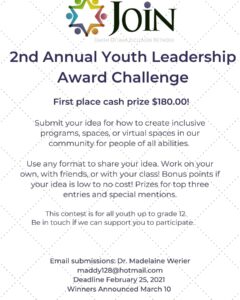
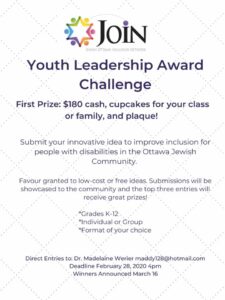
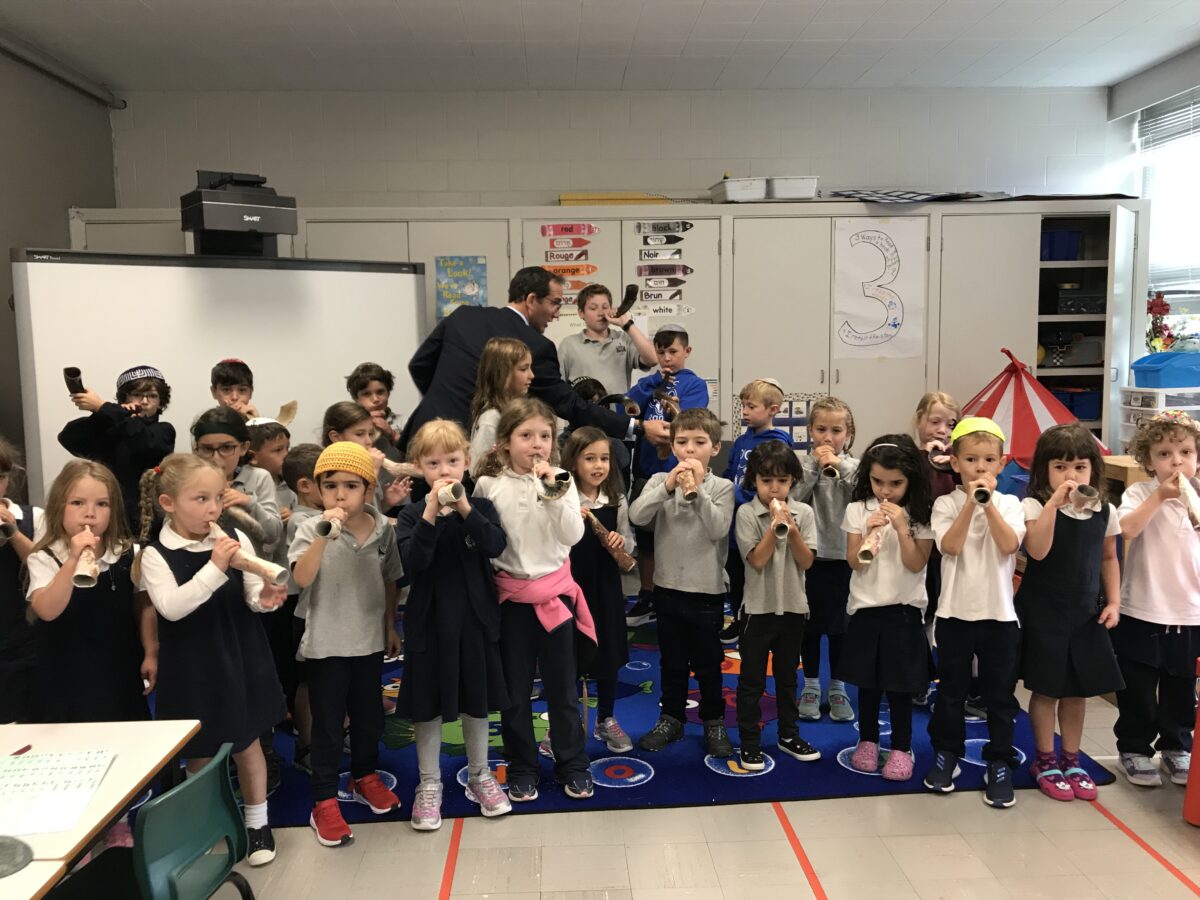
 As the eve of a new Jewish Year approaches, it is my most sincerest hope that this is the year we’ve been waiting for. To all the teachers, staff, parents, students, donors, supporters, and friends in this special school- thank you for your enthusiasm and your hard work. 5780 is shaping up to be a quite an amazing year!
As the eve of a new Jewish Year approaches, it is my most sincerest hope that this is the year we’ve been waiting for. To all the teachers, staff, parents, students, donors, supporters, and friends in this special school- thank you for your enthusiasm and your hard work. 5780 is shaping up to be a quite an amazing year!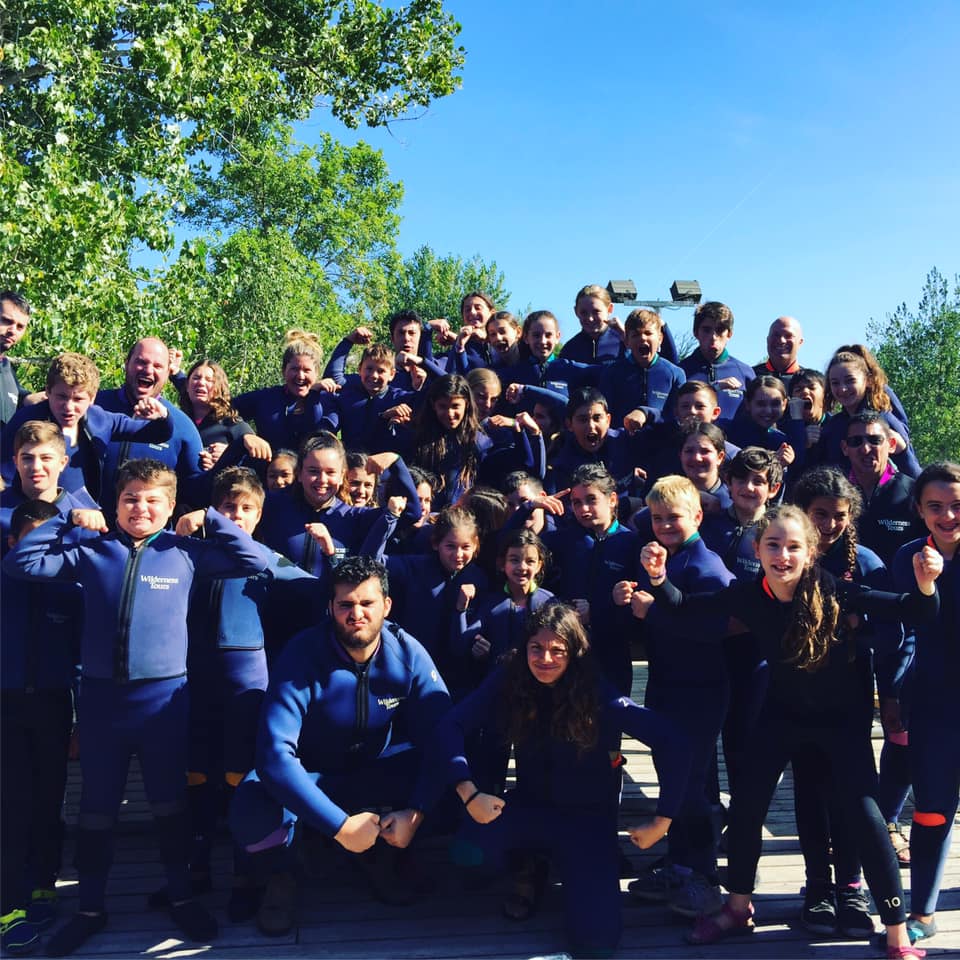
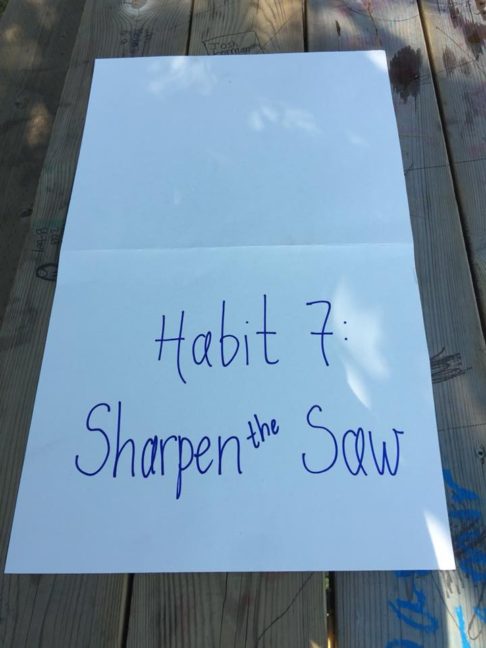
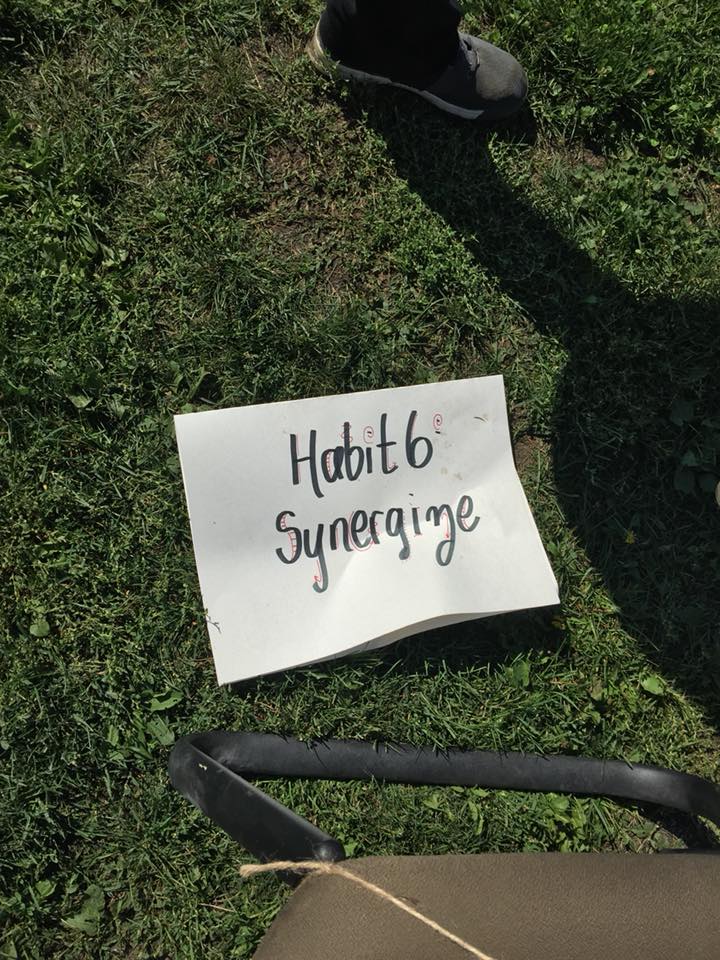
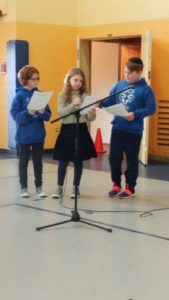 People’ was introduced to the students: Synergize. Synergize means to work together with others to accomplish a goal, while supporting one another and working to the strengths of each person.
People’ was introduced to the students: Synergize. Synergize means to work together with others to accomplish a goal, while supporting one another and working to the strengths of each person.